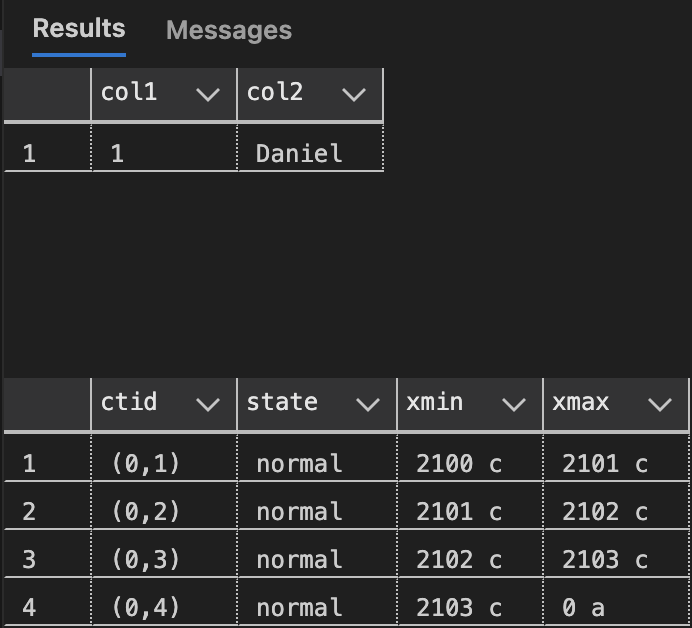Understanding Text Data Types in PostgreSQL and SQL Server
When working with PostgreSQL, understanding its text data types is essential, especially for those coming from a Microsoft SQL Server background. While both database systems support text storage, they handle it in fundamentally different ways. PostgreSQL provides several text-related data types, each with its own purpose and behavior, and understanding their nuances can help avoid …
Understanding Text Data Types in PostgreSQL and SQL Server + read more




